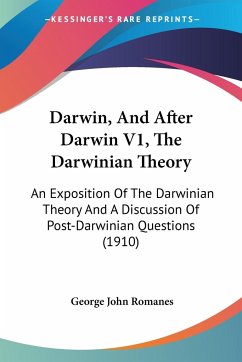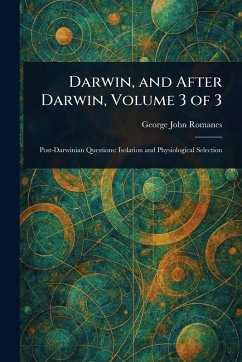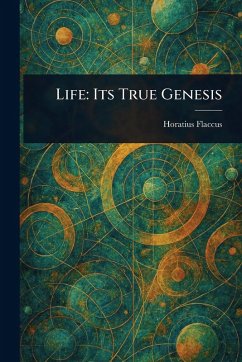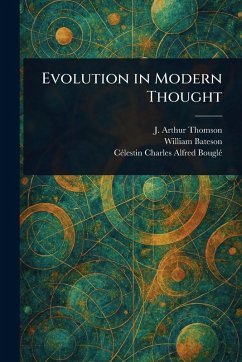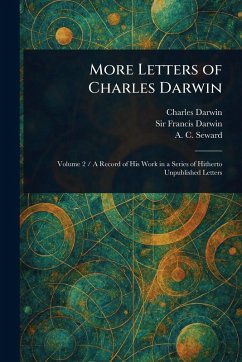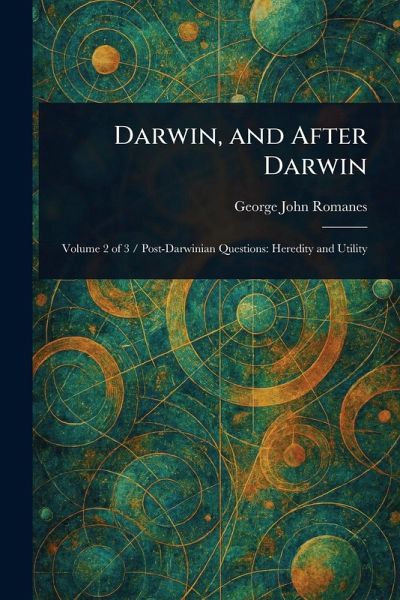
Darwin, and After Darwin
Versandkostenfrei!
Versandfertig in über 4 Wochen
20,99 €
inkl. MwSt.
Weitere Ausgaben:

PAYBACK Punkte
10 °P sammeln!
Explore the fascinating world of heredity and its profound implications in "Darwin, and After Darwin, Volume II (of 3): Post-Darwinian Questions: Heredity and Utility," by George John Romanes. This volume delves into the critical questions surrounding heredity that arose in the wake of Darwin's groundbreaking work on evolution and natural selection. A vital contribution to the field of biology, this book examines the mechanisms of heredity and its relationship to utility and adaptation. Romanes masterfully explores the complex interplay between Darwin's theories and the emerging understanding ...
Explore the fascinating world of heredity and its profound implications in "Darwin, and After Darwin, Volume II (of 3): Post-Darwinian Questions: Heredity and Utility," by George John Romanes. This volume delves into the critical questions surrounding heredity that arose in the wake of Darwin's groundbreaking work on evolution and natural selection. A vital contribution to the field of biology, this book examines the mechanisms of heredity and its relationship to utility and adaptation. Romanes masterfully explores the complex interplay between Darwin's theories and the emerging understanding of genetics. This is an essential resource for anyone interested in the history of science, evolution, and the enduring legacy of Darwin's ideas. This meticulously prepared print edition ensures the accessibility of this classic work for scholars and enthusiasts alike, preserving its historical significance and intellectual value. This work has been selected by scholars as being culturally important, and is part of the knowledge base of civilization as we know it. This work is in the public domain in the United States of America, and possibly other nations. Within the United States, you may freely copy and distribute this work, as no entity (individual or corporate) has a copyright on the body of the work. Scholars believe, and we concur, that this work is important enough to be preserved, reproduced, and made generally available to the public. We appreciate your support of the preservation process, and thank you for being an important part of keeping this knowledge alive and relevant.






